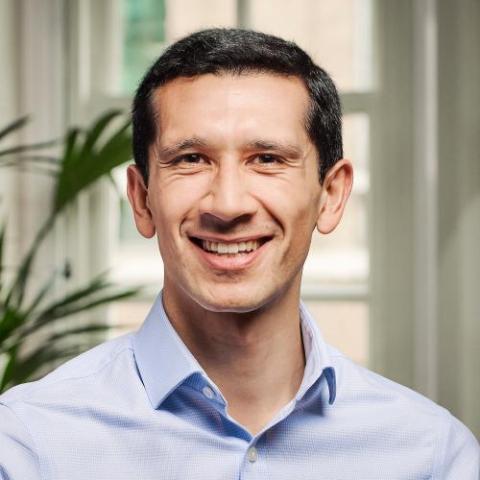Claire Enders of Enders Analysis suspects that “where this review is heading is where all the reviews have always headed”—that is, a recommendation that the licence fee should remain. That may not be the end of it: the Lords committee argued that the bbc’s funding model should be made fairer, which could suggest more means testing. Discounts could be extended to households on universal credit, say, with the rich making up the shortfall.
Abi Watson was quoted in The Times on How the BBC “commercial” arm really makes its money
22 August 2022Abi said “These latest results [from BBC Commercial] were very good,” she said. “But they were largely explained by a strong flow of pent-up advertising revenue. We expect advertising revenue to fall in the years ahead.”
Gill Hind was quoted in The Telegraph on "BBC news coverage risks losing out to rivals as deep cuts bite"
22 August 2022Gill said the BBC decision comes as a surprise. "You would think if the BBC is going to be doubling down on anything, they would be doubling down on news. Quite clearly, they have had severe cuts to the licence fee over the last few years and there are more huge cuts coming through. And given the cost of inflation, they are getting absolutely nothing. They do have to make some cuts somewhere. There will be some additional fat, but not a lot."
"What is slightly strange, however, is that you are going to have a 24-hour news channel by the BBC that is not focused mainly on UK stories. You do wonder if you get another big breaking story like Prince Philip dying, would they have that infrastructure in place to immediately change everything and really focus on that?"
Francois Godard was quoted in Les Echos on The after Berlusconi or the impossible succession of the "Cavaliere"
22 August 2022"The transfer of the holding company to Amsterdam represents for Berlusconi a first step in the internationalization of Mediaset", estimates François Godard of Enders Analysis who is betting on a merger with the German private channel ProSieben. "For the future, the success or failure of the TF1-M6 merger will determine the future of free-to-air television in Europe, paving the way for mergers on a national or international scale."
Julian Aquilina and Alice Enders were quoted in Videoweek on "Ofcom’s Media Nations 2022 report"
18 August 2022Julian Aquilina, Senior TV Analyst at Enders Analysis, points out that younger people could end up watching broadcaster-produced content without realising it. “If they’re not in the habit of going to the BBC or ITV as their first port of call, but instead they’re defaulting to Netflix or YouTube and seeing what is being recommended, then that’s a cause of concern for broadcasters."
“There are certain genres which are going to lend themselves better to the live broadcast TV experience, and that will continue into the future,” continues Aquilina. “So yes, the broadcasters are probably going to lose more audiences over time, but there’s always going to be a base level which people need to go to broadcast TV for their viewing.”
Joseph Teasdale was quoted in The Telegraph on "WhatsApp mirrors Snapchat with new screenshot-blocking feature"
9 August 2022Joseph said the changes were “fairly minor product updates designed to keep WhatsApp competitive”.
He added: “Mark Zuckerberg seems to be trying to return to the founder-led tech startup model of placing huge, bold bets on the future. The question now is, how easy is it to make those big bets work when you're not talking about a nimble startup, but a $500bn behemoth?”
Douglas McCabe was quoted in The Telegraph on "The billionaire media tycoon investing in a Labour resurgence"
8 August 2022Douglas said “These magazines are very strongly in that position because that is their heritage. It’s almost like the market has shaped themselves around the product they have been running for a long time."
Claire Enders was quoted in Variety on "Why HBO Max May Already Have Lost the International Streaming Race (Analysis)"
8 August 2022Claire said “The streamer bubble is well and truly burst,” says Enders. “The Netflix share price drop has been the harbinger of all of these phenomena — the Wall Street people don’t believe in it anymore.”
She added that that there is no more room in the top tier, which comprises Netflix, Disney+ and Amazon Prime Video.
“They will keep open the possibility of launching in these other European markets. When they see that they build up a big audience on pay TV for ‘House of Dragons,’ for instance, and the other spinoffs, they’ll see that has perpetuated the value."
Jamie MacEwan was quoted in Digiday on "Global economic crisis sparks reappraisal of online ad spending by brand marketers"
5 August 2022To be clear, these cuts are likely to be uneven. What the current rationalization of ad spending is making unequivocal is that not all direct response advertising is created equal. If anything, it’s driving a divide between higher and lower funnel direct response advertising, said Jamie MacEwan, media analyst at Enders Analysis.
